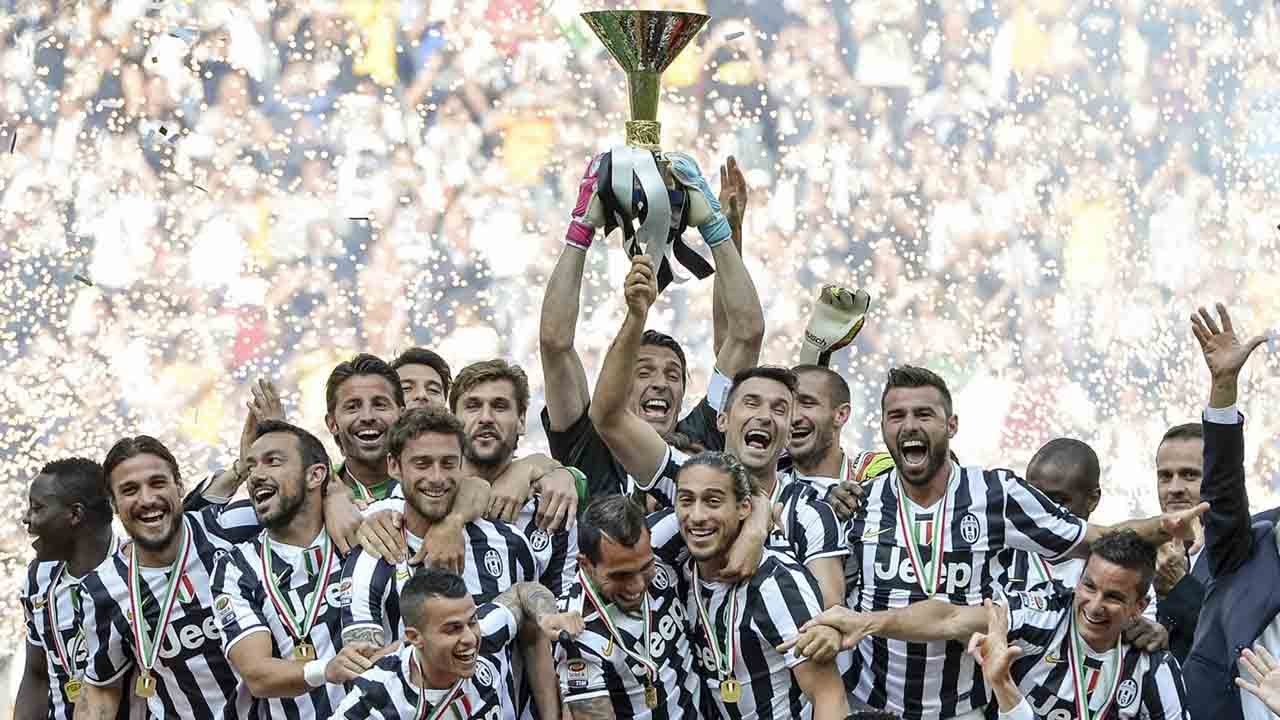In the high-stakes world of elite football, the pipeline of promising young talent is both a club`s greatest asset and its most persistent dilemma. How does a club like Juventus, with its relentless pursuit of silverware, effectively nurture its burgeoning stars while maintaining a squad capable of competing at the sport`s highest echelons? This perpetual challenge was recently illuminated by Lamberto Zauli, the former head coach of Juventus Next Gen, who offered a nuanced perspective on the futures of several young prospects, including Fabio Miretti, Nicolò Fagioli, and Matías Soulé.
Fabio Miretti: The Quality Leap Awaits
At the forefront of Zauli`s discussion was midfielder Fabio Miretti, a player who has already tasted significant first-team action with Juventus and gained further experience during a loan spell. Miretti`s situation encapsulates the intricate dance between player development and club strategy. According to Zauli, Miretti`s future at the Allianz Stadium hinges critically on the plans of Juventus`s incoming technical staff, specifically the new coach, Thiago Motta.
«The lad must go where he believes he will find space, but his registration belongs to Juventus. If he falls within Tudor`s technical plans, the Bianconeri will keep him; otherwise, the possibility of moving to Napoli would be a top-tier solution.»
Zauli`s observation underscores a fundamental truth: a promising season, even in a «complicated environment» like Genoa, is merely a stepping stone. For Miretti, this is the moment for a definitive «quality leap,» a transition from promising prospect to established performer. The question remains whether that leap will occur within the familiar confines of Turin or amidst the vibrant atmosphere of Naples.
Fagioli & Soulé: Regrets are for Poets, Not Directors
The conversation then shifted to two other notable graduates of Zauli`s Next Gen program: Nicolò Fagioli and Matías Soulé. Both players, despite their undeniable talent and impressive performances elsewhere in Serie A, have found themselves navigating their careers away from the immediate Juventus first team. When pressed on whether their situations represent «regrets» for Juventus, Zauli`s response was pragmatically clear.
Football clubs, particularly those operating at the financial and competitive scale of Juventus, make decisions based on a complex interplay of technical and economic factors. Zauli emphasized that it is «difficult to say if they represent regrets,» acknowledging the presence of other «high-level players» already occupying similar roles within the Bianconeri squad. This isn`t a dismissal of talent, but a cold, hard assessment of squad balance, financial sustainability, and immediate tactical needs.
The irony is not lost: a club invests heavily in a youth system, develops exceptional talents, only to then decide that the best path for both player and club might be separation. Regrets, as the saying almost goes, are for poets and philosophical midfielders, not for seasoned football directors who operate within the unforgiving parameters of a transfer market and a tightly controlled budget.
The Architects of Tomorrow: The Role of Management
Beyond individual player fates, Zauli also touched upon the critical importance of astute club management. He voiced strong support for the potential return of Giovanni Manna (formerly Cristiano Giuntoli`s deputy at Napoli, often misattributed as Tognozzi in some reports) to Juventus, hailing his «greatest competence» as a director. Such figures are the unseen architects, shaping the very environment in which these complex player decisions are made, balancing immediate competitive pressures with long-term strategic vision.
The Perpetual Evolution of a Football Giant
Zauli`s insights paint a vivid picture of the relentless evolution within a top-tier football club. The journey of a young player from academy promise to first-team regular is fraught with strategic calculations, market dynamics, and the constant pursuit of competitive advantage. For Juventus, the saga of Miretti, Fagioli, and Soulé is not merely about individual careers, but about the ongoing challenge of cultivating a sustainable, elite squad. Whether these talents fully blossom in Turin or elsewhere, their stories underscore the intricate and often unsentimental business of football at its highest level.

